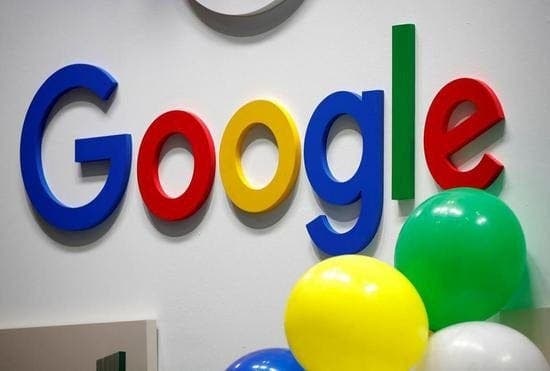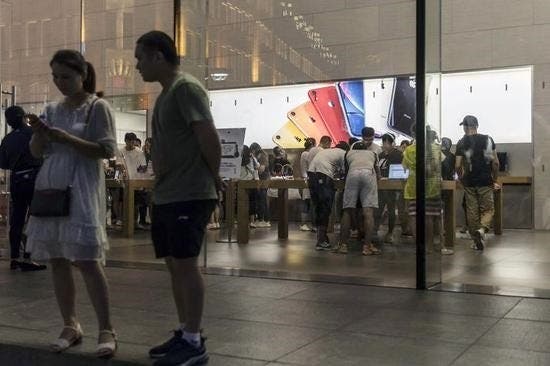Due to the outbreak of a new coronavirus, Apple announced today that it will temporarily close its two Apple Store direct retail outlets in China, located in Nanjing and Fuzhou. During yesterday’s earnings call, Apple CEO Tim Cook said that he had closed an Apple Store in Qingdao. So the total number of closures has increased to three. By the way, many other provinces and cities will also limit business hours.
Apple said it plans to reopen the Apple Stores in Nanjing and Fuzhou on February 3, while the Qingdao stores will reopen on February 4.
At yesterday’s earnings conference, Cook also stated that he would restrict employees’ travel to China to only those that are critical to the business. ‘Apple is providing care kits to employees in the Wuhan area, regularly taking the temperature of employees to check for fever and flu-like symptoms indicative of the virus, and aggressively cleaning retail stores and offices.’
Also Read: Coronavirus Epidemic Forces Xiaomi To Shut Down Offline Stores Across China
Besides Apple, Google also announced on Wednesday that it would temporarily close all its offices in mainland China, Hong Kong, and Taiwan due to the outbreak of the new coronavirus. Google’s China office focuses on ad sales and mobile developers, as well as partnerships.
Google also imposes restrictions on business travel to mainland China and Hong Kong. Google employees in China and employees of immediate family members returning from China should also work from home for at least 14 days.

The new coronavirus originated in Wuhan, China and has infected thousands of people worldwide as of press time. Confirmed cases have been found in Asia, the United States, Australia, Europe, and the Middle East. The disease shows symptoms similar to pneumonia.





